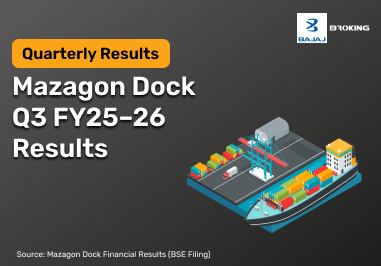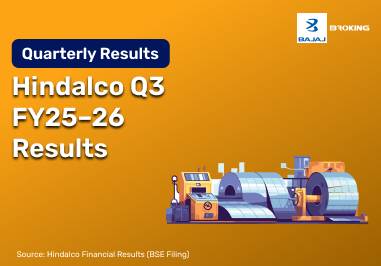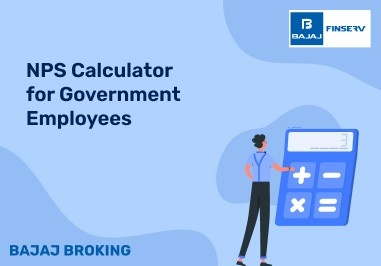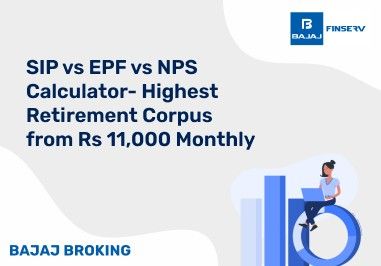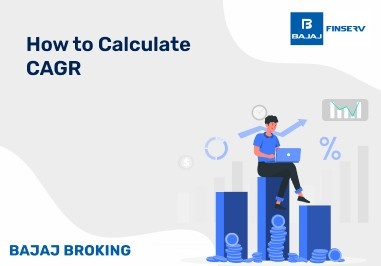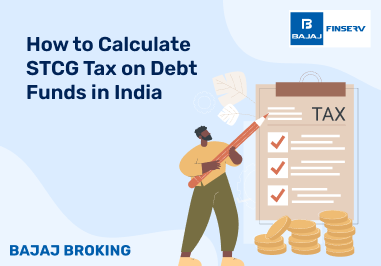Whether you are an aggressive, moderate or conservative investor, government bonds in India can be beneficial for you. If you are risk-averse or prefer only moderately risky instruments, these bonds, with their negligible risk, are suitable options. On the other hand, if you take on more investment risks, you can reduce your overall risk exposure associated with government bonds.
Whatever your reason for choosing these instruments may be, it’s crucial to first familiarise yourself with the meaning of government bonds, their variants and their risk profile. We’ll cover all these aspects in this article.
What are Government Bonds in India?
A government bond is a debt instrument that has been issued by the central government or any of the state governments in India. These governments may be faced with the need to raise capital to fund infrastructure and other development projects from time to time. Issuing bonds is one way to gather the funds needed.
Government bonds in India are, in essence, loans offered by investors to the government. Since these instruments have the backing of the government’s guarantee, they are considered to carry little to no risk of default.
How to Calculate Government Bonds Interest Rates
Calculating the interest rates for government bonds is essential for investors aiming to maximize their returns. The interest rate, or coupon rate, is set when the bond is issued and remains fixed throughout its life. To calculate the interest earned on government bonds, one must first know the bond's face value, which is typically ₹100 or ₹1,000. Then, determine the coupon rate expressed as a percentage. For instance, a bond with a coupon rate of 5% will yield ₹5 annually for each ₹100 bond.
To find the total interest payment, use the formula: Interest Payment = Face Value × Coupon Rate. So, for a ₹1,000 bond with a 5% coupon rate, the annual interest payment would be ₹50. Additionally, investors should consider market conditions, as the effective yield on government bonds can fluctuate based on interest rates and the bond's market price. For a more accurate assessment, Yield to Maturity (YTM) can be used, which considers the bond's current market price, coupon payments, and time until maturity.
Understanding government bonds interest rates is crucial for investors seeking a stable income. By calculating these rates and staying informed about market trends, investors can make sound decisions regarding their investments in government bonds in India. Access to a comprehensive list of government bonds in India can also help investors in making informed choices, ensuring they select bonds that align with their financial goals.
How Do Government Bonds Work?
So, now that we’ve discussed what government bonds are, let’s delve into how they typically work.
When you invest in a government bond, you are essentially lending that money to the government that issued the instrument. In return for this loan, the government will pay you interest at regular intervals in the form of annual (or semi-annual) coupon payments. The rate of these interest payments, known as the coupon rate, is generally fixed upfront.
Government bonds in India also come with predetermined maturity periods. This duration can be as long as 20 years or more. Over this entire period, the government will continue to pay interest at the coupon rate applicable. Thereafter, on the maturity date, the government repays the principal or the face value of the bond to you. This concludes the cash flows from the bond, and you will no longer receive the annual coupon payments.
Considering that these securities offer fixed income, you can invest in government bonds in India if you want to set up an alternate source of income. You can even use it as an investment option to replace your primary income to a certain extent when you retire.
Types of Government Bonds in India
If you are planning on investing in government bonds, you can choose from different types of securities in this category. The most common options include the following.
Fixed Rate Bonds
In case you want to keep your investment risk to a minimum and require absolute certainty, fixed rate government bonds may be suitable for you. These government bonds carry a fixed and predetermined coupon rate that remains constant during the bond’s lifetime.
For example, if you purchase bonds like the 7.18% Government Securities 2037, it means you will receive interest at 7.18% per annum till the maturity date in 2037. The main advantage of these types of government bonds in India is that you know exactly how much you can earn right at the time of purchase.
Additional Read: Sovereign Gold Bond
Floating Rate Bonds
Unlike fixed rate bonds, floating rate bonds (FRBs) issued by the government carry variable rates of interest. The frequency at which the rates will be revised is generally fixed upfront. The coupon rates on these government bonds in India may be linked to a benchmark rate. And when that benchmark fluctuates, the coupon rate will be changed accordingly.
In some floating rate bonds, the coupon rate has two components — a base rate and a predefined spread over and above this baseline. The spread is fixed, but as the base rate changes, the overall coupon rate also increases or decreases accordingly.
Inflation-Indexed Bonds
These government bonds in India are linked to inflation indices like the Consumer Price Index (CPI) or Wholesale Price Index (WPI). The coupon rate on these securities changes as inflation increases. This acts as a hedge and protects you from the decreasing value of money over time.
Sovereign Gold Bonds
Sovereign Gold Bonds (SGBs) are government bonds in India that are linked to physical gold. These securities are denominated in ‘grams’ of the precious metal, and they can be an excellent substitute if you do not want the burden of owning physical gold.
The minimum amount of investment in SGBs in terms of the denominations is one gram, while the maximum limit is 4 kilograms. The nominal value of these bonds is determined based on the simple average of the closing prices of the precious metal over the last 3 business days in the week before the subscription.
List of Government Bonds in India
Government of India Savings Bond: These bonds offer a secure investment option with a fixed interest rate, making them suitable for conservative investors. The interest is paid every six months.
10-Year Government of India Bond: Known for its stability, this bond has a tenure of 10 years and offers a predictable return. It is ideal for long-term investors looking for a steady income stream.
State Development Loans (SDLs): Issued by state governments, SDLs are a popular choice for investors seeking to diversify their portfolios. They usually offer competitive interest rates.
Floating Rate Bonds: These bonds have interest rates that are linked to market rates, providing investors with the potential for higher returns during periods of rising interest rates.
Taxable Bonds: These bonds come with the benefit of tax exemption on the interest earned, making them an attractive option for those looking to save on taxes.
Zero-Coupon Bonds: Unlike traditional bonds, zero-coupon bonds do not pay periodic interest. Instead, they are issued at a discount and redeemable at face value upon maturity, making them a unique investment vehicle.
Government Securities (G-Secs): These include both short-term and long-term securities issued by the government. G-Secs are backed by the government, ensuring a safe investment option.
RBI Bonds: The Reserve Bank of India issues these bonds to raise funds for government projects. They offer a fixed interest rate and are available for various tenures.
By exploring these options, investors can make informed decisions about investing in government bonds in India, tailoring their investments to match their financial goals and risk tolerance.
Do Government Bonds Carry Any Risks?
While you may be exposed to little or no risk of default if you are investing in government bonds, there are other kinds of risk that you should be prepared for. They include the following:
- Inflation risk: The possibility that your bond will decrease in value due to rising inflation
- Interest rate risk: The possibility that the bond value could decrease due to rising interest rates
- Currency risk: The possibility of your investment value eroding due to changing currency rates (applicable only if you buy government bonds that pay interest in different currencies)
Additional Read: What are Social Bonds?
Conclusion
Whether you are risk-averse, comfortable with taking on investment risks, or somewhere in between, government bonds in India can find a place in your portfolio for different reasons. So, it is always a good idea to monitor announcements for new issues. You can then check whether the bonds that any government plans to issue may be a good fit in your overall financial plan. Depending on this, you can decide whether or not you wish to invest in the new issue.



